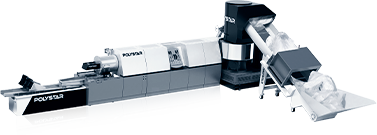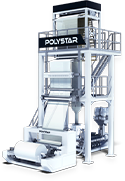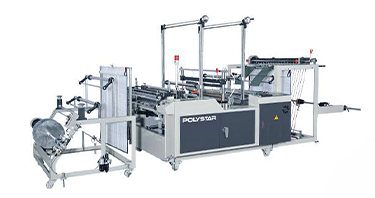We use cookies and other tracking technologies to improve your browsing experience on our website, By clicking "Accept All," you agree to allow cookies to be placed to enhance your browsing experience on this website to show you personalized content and targeted ads, to analyze our website traffic, and to understand where our visitors are coming from. You can manage your cookie settings below. Clicking "Confirm" indicates your agreement to adopt the current settings.
Drip Irrigation Tapes Recycling: Reducing Plastic Waste in Agriculture
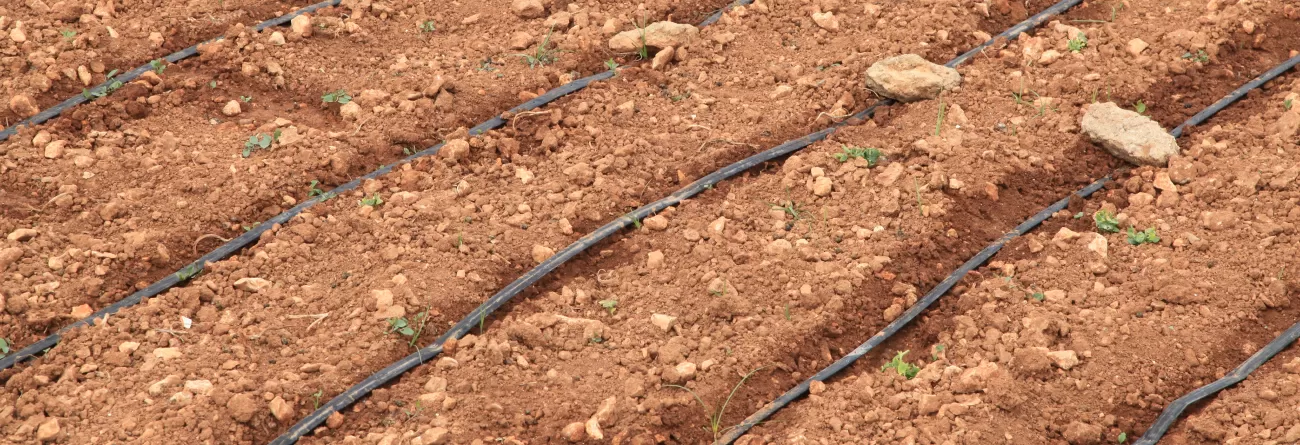
Agricultural plastics are undeniably beneficial because they keep agricultural products safer, preserve water, and boost production. In this context, it is impossible not to talk about drip irrigation tapes (aka irrigation pipes). When they complete their lifecycle, properly recycled drip irrigation tapes not only help increase efficiency and preserve water in agriculture but also create economic value and reduce carbon emissions.
Why drip irrigation tapes must be recycled?
Irrigation drip tape lines are used by farmers a huge amount to cover field and greenhouse surfaces. Most of the time their lifecycles are 1-3 years, and soft irrigation drip tapes are often used seasonally. This creates a certain amount of plastic waste, which can take hundreds of years to decompose in landfills. Burning drip tapes to get rid of them is not a solution either because it increases carbon emissions and causes a huge loss of these recyclable plastics.
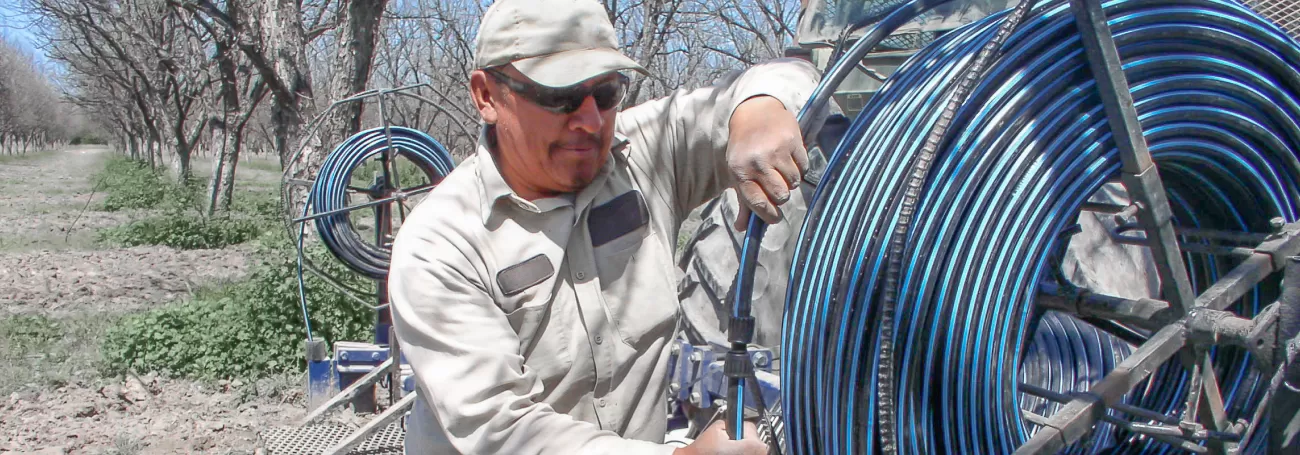
Plastic drip tapes are mostly made of PE derivatives and can be recycled. The recycled pellets from drip tapes can be reused to produce new drip tapes and many other plastic products, thus it creates a circular economy by reducing plastic waste and reusing the materials instead of deriving them from non-renewable resources. In this way, we can conserve energy and reduce greenhouse gas emissions that would result from producing new plastic products.
How to recycle drip irrigation tapes?
Used drip irrigation tapes might require to be cleaned in a washing line to remove any soil, debris, or plant material that may be present. Before the washing process, drip tapes are crushed to reduce their size for easy cleaning, and they take a form called drip tape scraps. After washing and drying, drip tape scraps are processed in a plastic recycling machine and turned into recycled pellets.
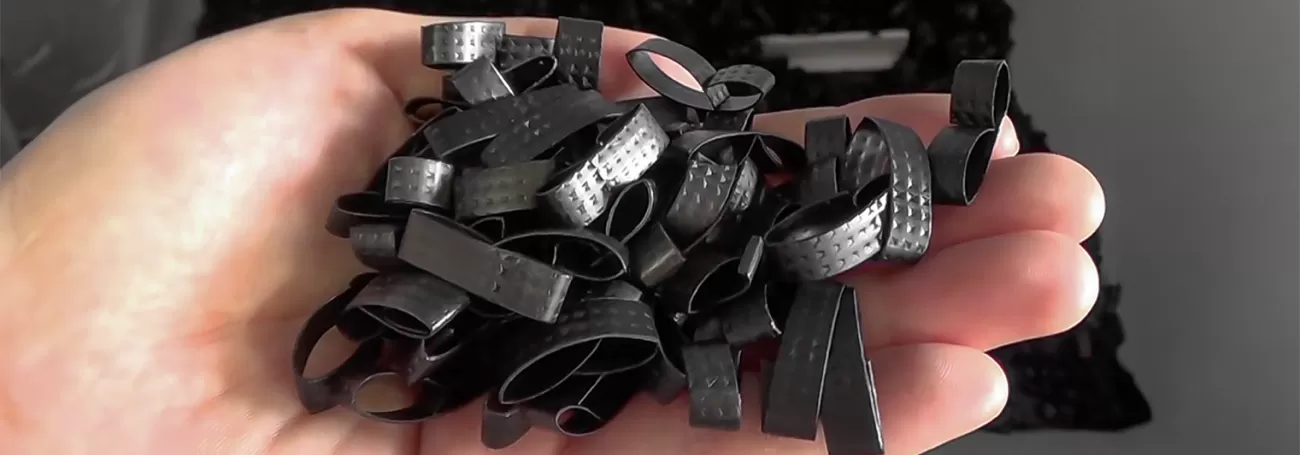
Drip irrigation tape recycling system
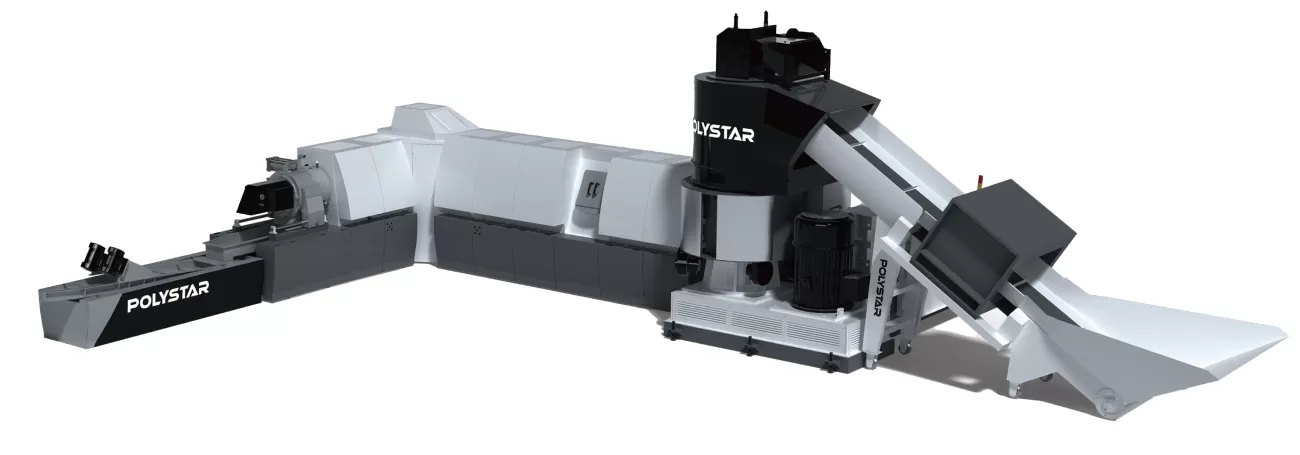
Repro-Flex Plus cutter compactor integrated two stage plastic granulator is a one-step flexible recycling solution that can process post-consumer plastic materials like drip irrigation tapes, soft irrigation hoses, PP and PE soft packaging materials as well as pre-crushed hard plastic forms of them.
Advantages of Repro-Flex Plus for drip irrigation tape recycling:
-
Cutter Compactor:
Drip tapes are not required to be pre-cut. The cutter compactor helps cut, mix, and preheat the drip irrigation tape scraps uniformly. This process also helps dry excess humidity that comes from the washing lines. -
Fast and Consistent material feeding:
Drip tapes are automatically fed by the belt conveyor and nip roller depending on how full the cutter compactor is. Then cutter compactor feeds the material directly and consistently into the extruder screw. -
High yield capacity:
Thanks to the cutter compactor integration which ensures the screw is continuously filled with the material, and the inverter (speed-controlled) screw motor which controls the speed for different fluidity materials, much higher production output can be easily achieved. -
High-quality recycled pellets:
Besides the consistent and fast material feeding and extruder, with the help of auto speed and pressure-controlled die head pelletizing system, 2 filtration units and 3 degassing zones, the recycling machine produces the same size and shape plastic pellets with higher market value.
Where to use Recycled Pellets from Drip Tapes?
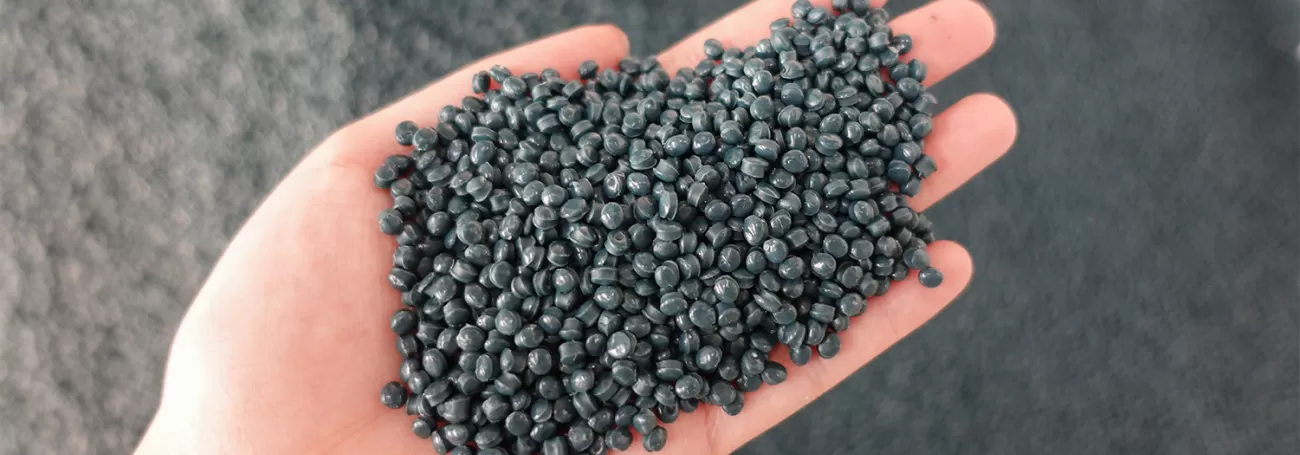
The recycled drip irrigation tape pellets are like other recycled pellets and can be used to manufacture a variety of plastic products. Since most of the drip tape recycled pellets are black colors, it is more advantageous to use them for the production of such as drip irrigation tape systems, pipes, trash bags, cargo bags, and other packaging materials.
About the Author
Resul Gökpınar
International SalesResul creates up-to-date content based on his experience, gained by solving customers' problems in Turkey and the EMEA market.




